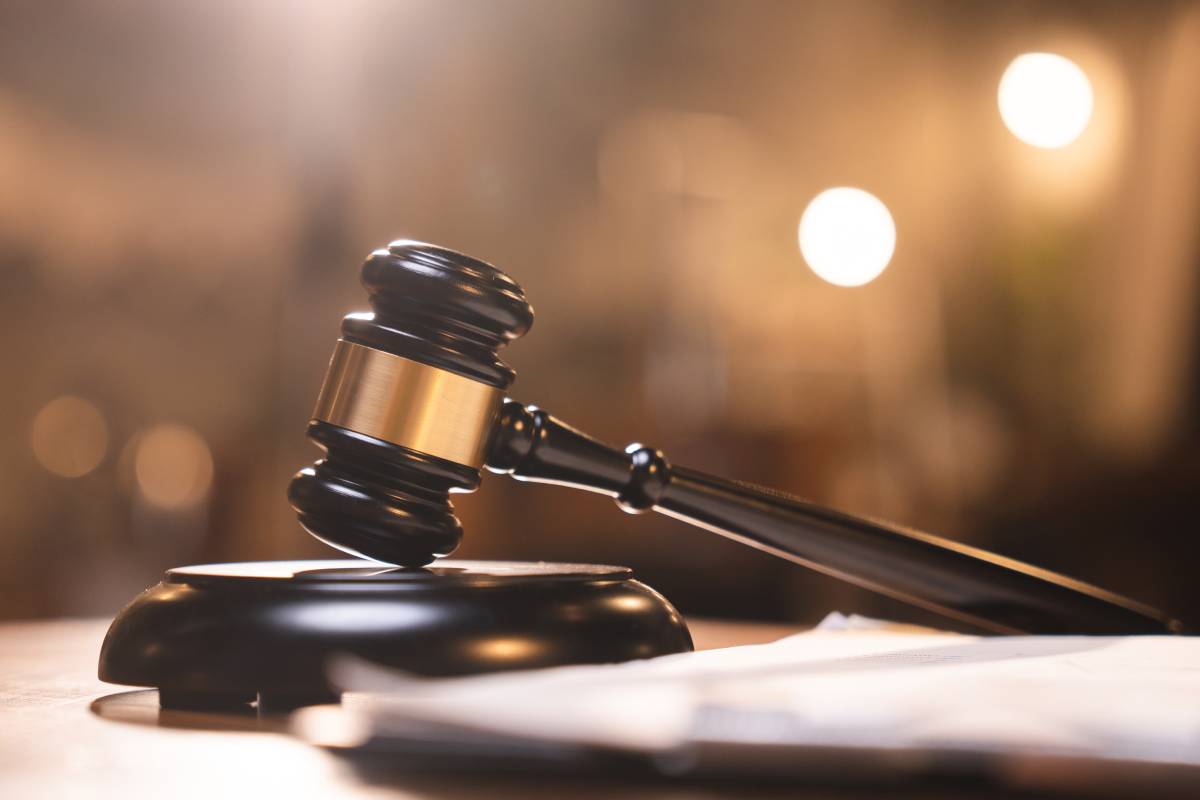I am studying in the third year of the State University of Economics and Technology.I specialize in contractual, economic and corporate law, in particular, I provide consultations and write articles.
According to Ukrainian legislation, detention is one of the preventive measures that can be applied in criminal cases in order to ensure the responsibility of suspected or accused persons and guarantee procedural interests.
Basic provisions on detention are included in the Criminal Procedure Code of Ukraine. In particular, Articles 176-213 of this Code determine the procedure for applying a preventive measure in the form of detention. The procedure for applying detention in custody usually includes the submission by a prosecutor or an investigator to a judge of a corresponding petition to the court, which proves the existence of grounds for applying this measure on the basis of reasonable evidence. The court considers this request, conducts an analysis and decides whether detention is necessary in a particular case. It is important to take into account that the use of a preventive measure must be justified and meet the requirements of the law, in particular, taking into account the principles of proportionality and necessity. The main purpose of this precaution is to ensure and prevent. In this case, the fulfillment of the duties assigned to the suspect or accused is ensured. And the preventive goal concerns the prevention of attempts to hide from the investigation and court, influence other participants in the process or interfere with the proceedings. The use of this preventive measure is possible if the case concerns an offense for which the Criminal Code of Ukraine provides for punishment in the form of imprisonment.
Legal assessment procedure for applying a preventive measure:
Proposal of a party or initiative of law enforcement agencies: Typically, the use of a preventive measure in the form of detention is initiated by filing an appropriate petition by the investigator in agreement with the prosecutor or the prosecutor himself (depending on the stages of the process). It must necessarily indicate the following: a statement of the factual circumstances of the case, qualification of the offense, describes the circumstances justifying the suspicion, accusations, indicates at least one of the risks enshrined in Art. 177 of the Code of Criminal Procedure, as well as the petition must contain a list of materials justifying the presence of risks. The petition also points to the impossibility of realizing the main preventive goal with the help of more lenient security measures, since detention is the strictest among them. Petitions and materials are handed over to the suspect or accused no later than three hours before its consideration by the investigating judge or court.
Court decision: The court, the investigating judge, considers the petition to apply a preventive measure in the form of detention. The court takes into account all the circumstances of the case, as well as the arguments of the parties, and makes a decision on the application or cancellation of this event. In particular, the circumstances provided for by the Code of Criminal Procedure must be taken into account: health status, age, social connections, availability of work, training, etc. With the exception of certain cases, the investigating judge and the court, when applying a preventive measure in the form of detention, assign bail, the amount of which is determined in accordance with the specific circumstances of the case. It should be noted that the maximum period for which this preventive measure can be applied is 60 days with the possibility of extension.
Compliance with a court decision: If the court makes a decision on detention, the suspect or accused may be taken to a pre-trial detention facility (in most cases this is a pre-trial detention center, but detention in a guardhouse is also provided).
Detention for the purpose of bringing:
If the person against whom the preventive measure is chosen has not arrived when called and there is reason to believe that he is hiding from the investigation and the court, or there is information that such a person will commit actions that, in accordance with Art. 177 of the Code of Criminal Procedure are provided for as risks. In order to carry out such a detention, the investigator, in mandatory agreement with the prosecutor or the prosecutor himself, submits a corresponding petition. The legislation provides for methods for such submission: together with a petition for the election of a preventive measure, after the submission of a petition for the election of a preventive measure, but before the arrival of the person in respect of whom it is elected, or after his non-arrival. The person authorized to carry out the detention is obliged to hand over a copy of the ruling to the detained person or to release the detainee if it is established that the petition was withdrawn by the prosecutor and there are no grounds for further detention.
Consultation with a lawyer in criminal proceedings:
A criminal lawyer will provide protection to the client at any stage of criminal proceedings. A criminal lawyer will collect evidence, accompany you during investigative actions, appeal against illegal actions, inaction, and formulate a defense strategy. When choosing a preventive measure, a criminal lawyer will take into account all the circumstances, analysis of documents, point them out to the investigating judge, the court, and if there are grounds, he will file a petition to replace the preventive measure with a more lenient one, and will conduct a legal analysis of the situation. Consequently, a criminal lawyer plays an exceptional role in ensuring full support of his client at each stage.





























